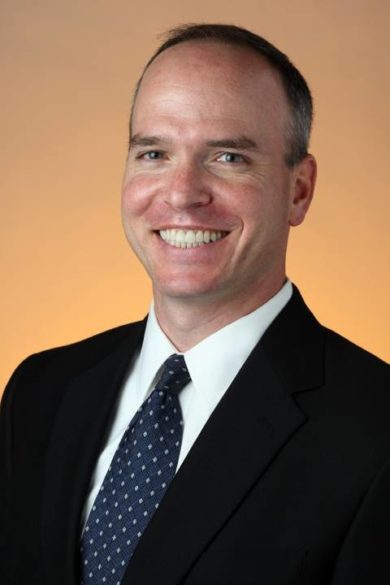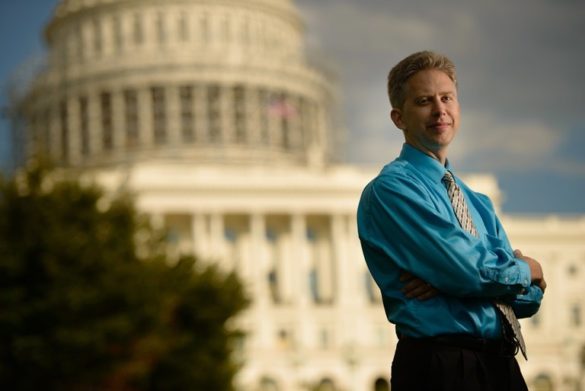The new Center for Effective Lawmaking, which studies the causes and consequences of the legislative effectiveness of members of Congress, will be introduced in Washington on Tuesday, Sept. 26. The center is a joint effort by the Frank Batten School of Leadership and Public Policy at the University of Virginia and Vanderbilt University.

The media is invited to an 8 a.m. news conference and panel discussion in the Rayburn Banquet Room (2043-2044) at the Rayburn House Office Building, located between South Capitol Street and First Street in Washington, D.C. Journalists are asked to RSVP if they wish to attend.
The panel discussion begins at 8:15 a.m. with legislators describing, from their own experiences, what it takes to generate legislative accomplishments in Congress today. Participants will include:
- U.S. Rep. Lamar Smith R-Texas
- U.S. Rep. Steve Cohen, D-Tenn.
- U.S. Rep. Elizabeth Esty, D-Conn.
- Former U.S. Rep. Tom Davis, R-Va.
Go-to resource
As described in the center’s mission statement, the center seeks to advance the generation, communication and use of new knowledge about the effectiveness of individual lawmakers in Congress.
“The Center for Effective Lawmaking will be the go-to resource for academics and practitioners who are interested in contemporary lawmaking processes in Congress,” said Alan Wiseman, co-director of the center and Cornelius Vanderbilt Professor of Political Economy at Vanderbilt. The other co-director is Craig Volden, associate dean for academic affairs and professor of public policy and politics at the Batten School. Volden explained that while “current public discussions around members of Congress often note their party affiliations or ideological positions, we believe that a focus on who can actually get things done in Congress will be a valuable addition to the dialogue, particularly in today’s polarized environment.”

Hewlett Foundation
A $400,000 grant from the Madison Initiative of the William and Flora Hewlett Foundation will finance the center for three years. The Center for Effective Lawmaking has also benefited from gifts from the College of Arts and Science at Vanderbilt and the Batten School.
New goals
In earlier research, operating as the Legislative Effectiveness Project, Wiseman and Volden in 2014 created a massive database that measures the legislative effectiveness of members of Congress by tracking their success or failure at moving their bills through Congress and into law. The new Center for Effective Lawmaking will absorb the LEP and add three research goals. They are:
- to identify people who are likely to be highly effective lawmakers before they become legislators
- to discover methods that legislators could cultivate to become more effective
- to explore how and when voters are responsive to information about the lawmaking effectiveness of their elected representatives
[lquote]“A big part of the center’s activities will be focused on public outreach[/lquote]: how we get our information out to the mass public in addition to the legislators and the media,” Volden said.
Conferences and speakers
The center will also sponsor conferences and speakers at Vanderbilt and Virginia.
“We will aim to bring in current and former members of Congress, and other public figures who interact with Congress to talk about their experiences working with Congress, as well as the possibilities for effective lawmaking in our political environment.” Wiseman said.
One of the main goals of the center is “to develop a collection of scholarly research that’s based on systematic analysis of large sample data and which can provide a best-practices guide for members of Congress and other elected officials,” Wiseman said.
Volden and Wiseman released a book about this research in 2014, Legislative Effectiveness in the United States Congress: The Lawmakers. The book won the 2015 Gladys M. Kammerer Award for the best book on U.S. national politics, and the 2015 Fenno Prize for the best book in legislative studies. The http://www.thelawmakers.org/ website is free and available to all.